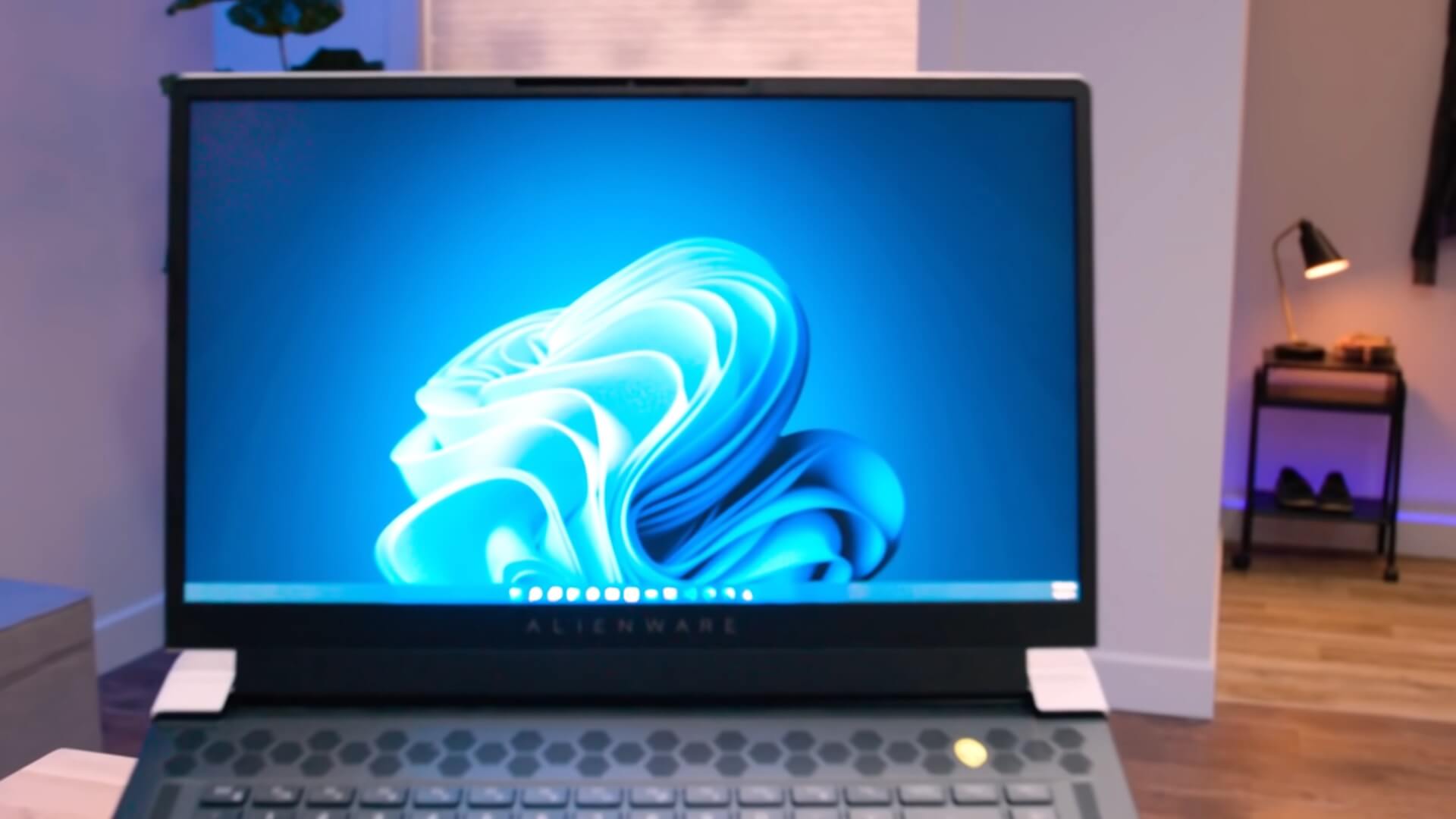Andy Ful
From Hard_Configurator Tools
Thread author
Verified
Honorary Member
Top Poster
Developer
Well-known
- Dec 23, 2014
- 8,131
I am curious how it will work in practice.

It will probably use Microsoft ISG, so many false positives are expected. Anyway, it can be some solutions for children and happy clickers.

Windows 11 22H2 feature promises significant protection from malware
Windows 11 Sun Valley 2 (version 22H2) is set to launch in a few months and it’s shaping up to be a fantastic update that brings back removed features, improves the user interface, and adds new features to the operating system. One of the new addition is a new security tool that will prevent...
www.windowslatest.com
It will probably use Microsoft ISG, so many false positives are expected. Anyway, it can be some solutions for children and happy clickers.






